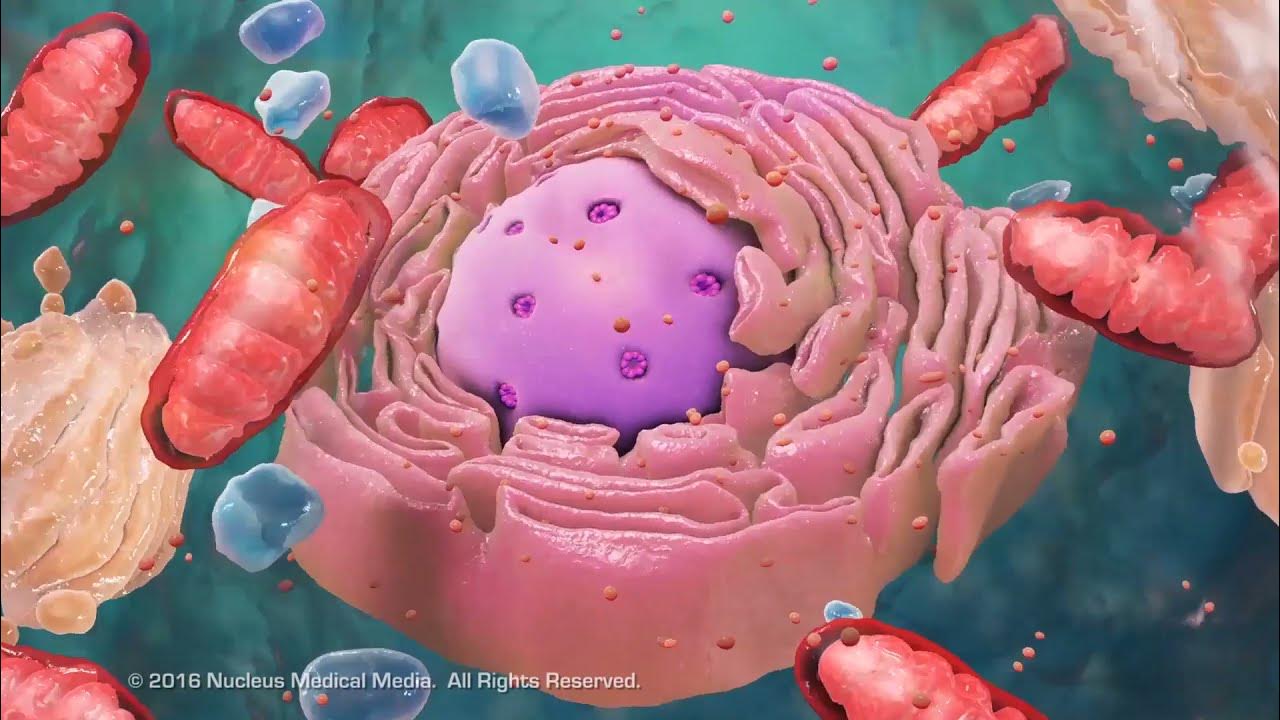Epistemology: Exploring the Nature of Knowledge and Experience
This video explores the concept of knowledge in philosophy, discussing the distinction between true beliefs and sensory perceptions. It also compares the ideas of Plato and Aristotle on the nature of knowledge and the role of experience.
00:00:00 Explore the nature and scope of knowledge in philosophy. How do we know what we know? Can we trust our senses? How does knowledge affect society?
📚 The theory of knowledge explores the nature and scope of what we can know.
🔍 It addresses fundamental questions such as what knowledge is and how it is acquired.
💡 The pursuit of knowledge dates back to ancient Greek philosophers like Plato, who emphasized the importance of education and values.
00:06:42 This video explores the concept of knowledge in philosophy, discussing the distinction between true beliefs and sensory perceptions. It also compares the ideas of Plato and Aristotle on the nature of knowledge and the role of experience.
📚 Knowledge is a true and grounded belief, and its foundation is essential for our beliefs to be reliable.
🌍 Plato's allegory of the line divides knowledge into the realm of sensory perception and the world of intelligible ideas.
🔍 Plato's allegory of the cave highlights the relationship between truth and authenticity, and how perception can deceive us.
00:13:17 The video discusses epistemology, exploring the challenges of justifying beliefs and the role of skepticism. It touches on foundationalism, empiricism, and rationalism.
🔑 The problem of knowledge and justification.
🔄 The discussion on regressive reasoning and circular arguments.
🔬 The foundation of knowledge and different philosophical positions.
00:19:52 The video discusses different theories of Epistemology, focusing on the role of sensory experience in acquiring knowledge.
📚 The role of abstract reasoning in knowledge acquisition is debated.
🔬 Empiricists believe that sensory experience is crucial for knowledge.
🧠 Locke, Berkeley, and Hume were notable empiricists with varying views.
00:26:26 The video discusses ideas in Epistemology, including the concepts of impressions, ideas, and association, as well as different theories on causality and knowledge.
📚 Impressions can be simple or complex, and ideas can be simple or complex.
🔗 Association of ideas can occur through similarity, contiguity, and causality.
🔬 Causality cannot be proven, but we can relate cause and effect to formulate theories in science.
🌍 Immanuel Kant proposed that the mind plays an active role in shaping reality and knowledge.
💡 The philosophy of analytic philosophy emerged in the 20th century, challenging traditional views on knowledge.
00:33:03 Summary: In this video, the concept of epistemology in philosophy is explored, including topics such as direct realism, language analysis, common sense philosophy, and naturalized epistemology. The video also discusses challenges to traditional theories of knowledge.
📚 Epistemology is the branch of philosophy that deals with the nature of knowledge and belief.
🤔 The video discusses different philosophical perspectives on knowledge, including direct realism and foundationalism.
🔍 The role of language and the concept of meaning in philosophy is explored, particularly through Ludwig Wittgenstein's analysis of language use.
00:39:39 Epistemology: Exploring Different Views on Knowledge and Justification, including Externalism and Reliability.
📚 The traditional view of knowledge as justified true belief was challenged by Gettier's argument.
🔀 After Gettier, philosophers explored different perspectives on knowledge, including internalism and externalism.
🌐 The theory of knowledge proposed a radical solution, known as the causal theory of knowledge, which emphasizes the causal connection between belief and truth.
You might also like...
Read more on Education
Ringkus Pengedar Sabu-Sabu, Empat Pelaku Tak Berkutik Saat Ditangkap - BIP 06/10

Métodos de evaluación de impacto ambiental

LLAMA-2 🦙: EASIET WAY To FINE-TUNE ON YOUR DATA 🙌

Unusual Methods Used By Sushruta | Keerthi History

Overview of Cell Structure

Wisata Menarik Hidden Gem Blumbang Roto Magelang, View Cantik Lereng Gunung Sumbing - BIS 05/10